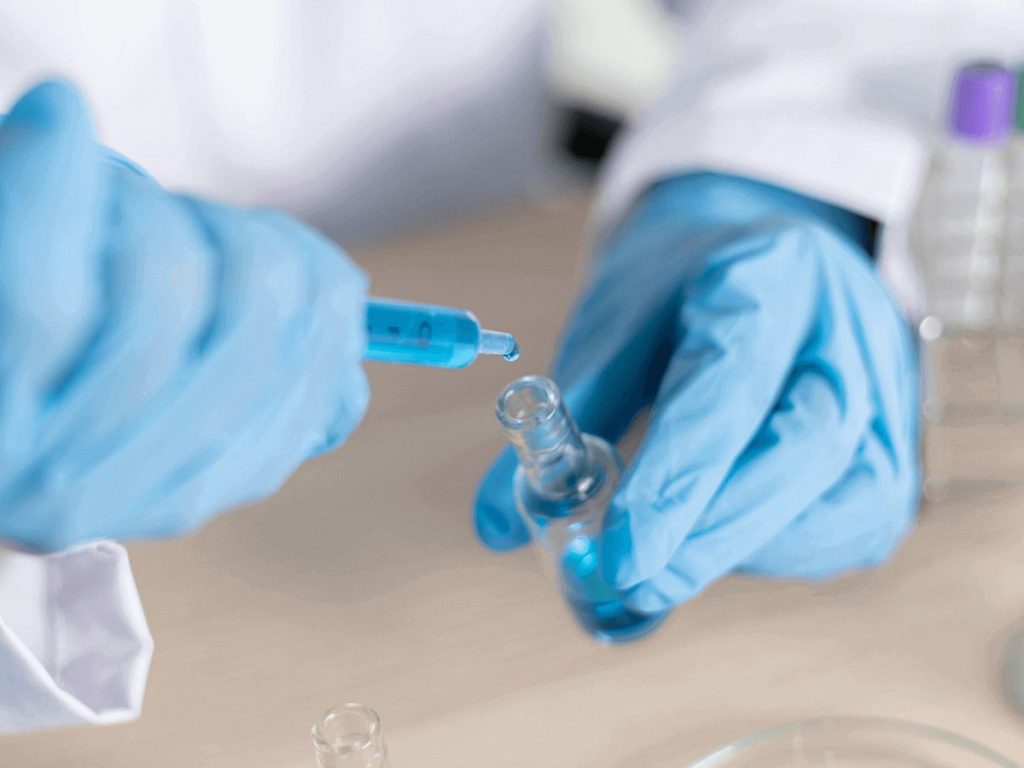In the ever-evolving landscape of scientific research, the importance of analytical method development cannot be overstated. This process is the key to unlocking precision and reliability in various fields, from pharmaceuticals to environmental analysis. This article thoroughly examines Analytical method development, exploring its significance, methodologies, and real-world applications.
Introduction
Scientific research is a quest for precision and accuracy, and analytical method development serves as the guiding light in this journey. This article will unravel the intricacies of analytical method development, shedding light on its critical role in various industries.
What Is Analytical Method Development?
Analytical method development is the systematic process of creating and optimizing techniques to accurately and reliably analyze substances of interest. It involves a series of steps designed to ensure that the chosen analytical methods provide precise and repeatable results.
Significance in Scientific Research
The quality of research outcomes often hinges on the reliability of analytical methods. Whether it’s in pharmaceuticals, environmental science, or clinical diagnostics, precise analytical methods are essential for generating trustworthy data.
The Method Development Process
Phase 1: Define Objectives
The journey begins by clearly defining the research objectives. What do you want to analyze, and what level of precision is required?
Phase 2: Select Analytical Techniques Choosing the right analytical techniques is crucial. Depending on the substance and goals, techniques like chromatography, spectroscopy, and mass spectrometry may be
employed.
Phase 3: Optimization and Validation This phase involves fine-tuning the selected methods and validating their accuracy, precision, and robustness. It’s a critical step in ensuring the reliability of results.

Key Techniques in Analytical Method Development
Chromatographic Analysis
Chromatography separates compounds within a mixture, making it a fundamental technique in method development.
Spectroscopic Methods
Spectroscopy measures the interaction between matter and electromagnetic radiation, providing insights into the composition of substances.
Mass Spectrometry
Mass spectrometry identifies and quantifies substances by analyzing their mass-to-charge ratios, enabling precise substance characterization.
High-Performance Liquid Chromatography (HPLC)
HPLC is a widely used technique for separating and quantifying compounds in liquid samples.
Gas Chromatography
Gas chromatography excels in separating volatile compounds and is crucial in fields like environmental analysis.
Advanced Instrumentation
Modern analytical instruments, such as UV-Vis spectrometers and NMR machines, have revolutionized method development, offering higher precision and sensitivity.
Applications in Different Industries
Analytical method development finds applications in diverse sectors:
Pharmaceutical Industry
Ensuring the safety and efficacy of pharmaceutical products relies on robust analytical methods.
Environmental Analysis
Method development aids in monitoring pollutants and ensuring environmental safety.
Food and Beverage Industry
Quality control and safety are enhanced through analytical techniques.
Biotechnology
Method development drives innovation in biotech research and production.
Clinical Laboratory Testing
Analytical methods are pivotal in disease detection and patient care in clinical diagnostics.
Quality Control and Method Robustness
Maintaining method robustness is essential to produce consistent results over time, especially in regulated industries like pharmaceuticals.
Analytical Methodology Advancements
Technological advancements continually expand the horizons of analytical methods, making research more efficient and accurate.
Challenges and Future Trends
Analytical method development faces challenges and exciting trends, from automation to data analytics.
Conclusion
Analytical method development is the cornerstone of precise scientific research. By choosing the right techniques, optimizing them, and ensuring their reliability, researchers can unlock the doors to accurate data and groundbreaking discoveries.
FAQs
Q 1: Why is method development crucial in pharmaceuticals?
Method development ensures that pharmaceutical products meet quality and safety standards, which is essential for public health.
Q 2: How do I validate an analytical method?
Method validation involves a series of tests and experiments to ensure that the
analytical method consistently produces accurate and reliable results.
Q 3: What are the key considerations in environmental sample analysis?
Environmental sample analysis requires careful consideration of sample collection, preservation, and analytical techniques to detect pollutants accurately.
Q 4: Can method development improve food safety?
Yes, we can ensure their safety and quality by developing precise methods for analyzing food products.
Q 5: What role does analytical instrumentation play
in method development?
Advanced analytical instrumentation enhances method development by providing
higher sensitivity, accuracy, and speed in substance analysis.
